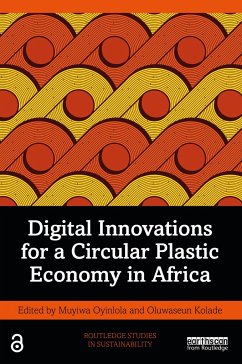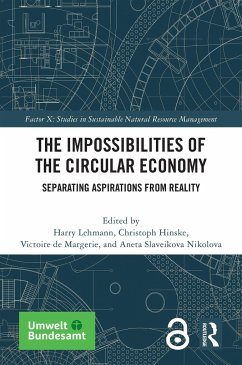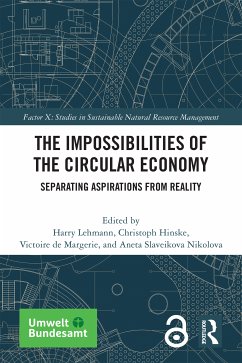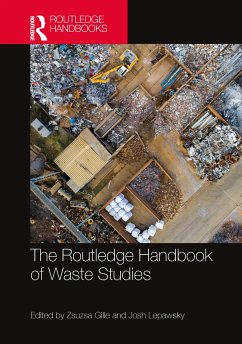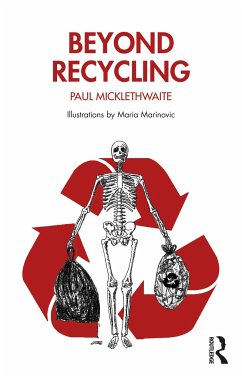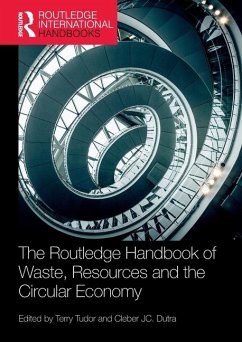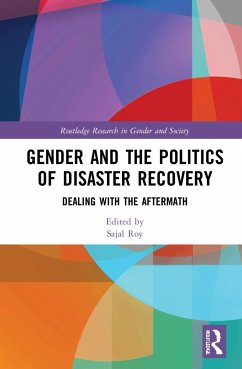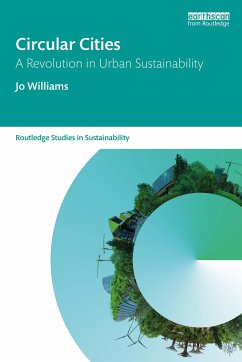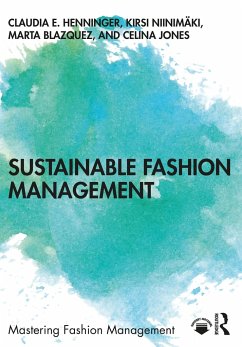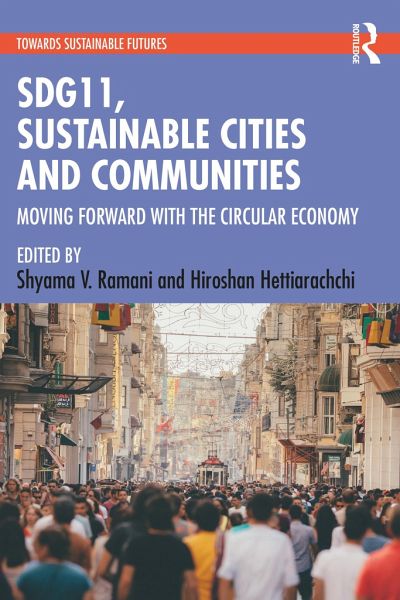
SDG11, Sustainable Cities and Communities
Versandkostenfrei!
Versandfertig in 6-10 Tagen
46,99 €
inkl. MwSt.

PAYBACK Punkte
23 °P sammeln!
This book explores Sustainable Development Goal (SDG) 11, providing insights into viable pathways and policy designs for a transition towards sustainable, inclusive and resilient cities.The volume discusses existing scientific literature on SDG 11 and provides conceptual frameworks relating to systemic transitions, sectoral transitions and behavioural transitions for overcoming challenges related to governance and implementation. Through detailed case studies from cities and settlements, in Europe, Middle East and Asia, it showcases the dynamic processes involved in urban transformations. Draw...
This book explores Sustainable Development Goal (SDG) 11, providing insights into viable pathways and policy designs for a transition towards sustainable, inclusive and resilient cities.
The volume discusses existing scientific literature on SDG 11 and provides conceptual frameworks relating to systemic transitions, sectoral transitions and behavioural transitions for overcoming challenges related to governance and implementation. Through detailed case studies from cities and settlements, in Europe, Middle East and Asia, it showcases the dynamic processes involved in urban transformations. Drawing from these comparative analyses, the book provides robust frameworks and tools for better solutions and viable pathways to achieve SDG targets in diverse urban settings.
Rich in empirical data, this book will be useful for scholars and researchers of development studies, environment studies, urban studies, urban sociology, political economy, political studies, public policy and sociology. It will also be useful for policy makers, professionals, non-governmental organisations (NGOs) and think tanks working in the area of sustainable development and urban planning.
The volume discusses existing scientific literature on SDG 11 and provides conceptual frameworks relating to systemic transitions, sectoral transitions and behavioural transitions for overcoming challenges related to governance and implementation. Through detailed case studies from cities and settlements, in Europe, Middle East and Asia, it showcases the dynamic processes involved in urban transformations. Drawing from these comparative analyses, the book provides robust frameworks and tools for better solutions and viable pathways to achieve SDG targets in diverse urban settings.
Rich in empirical data, this book will be useful for scholars and researchers of development studies, environment studies, urban studies, urban sociology, political economy, political studies, public policy and sociology. It will also be useful for policy makers, professionals, non-governmental organisations (NGOs) and think tanks working in the area of sustainable development and urban planning.





